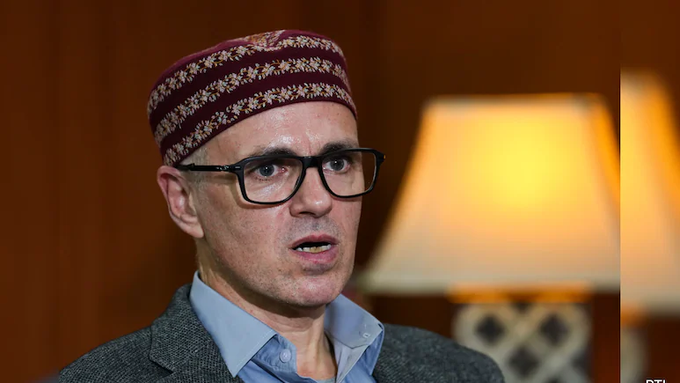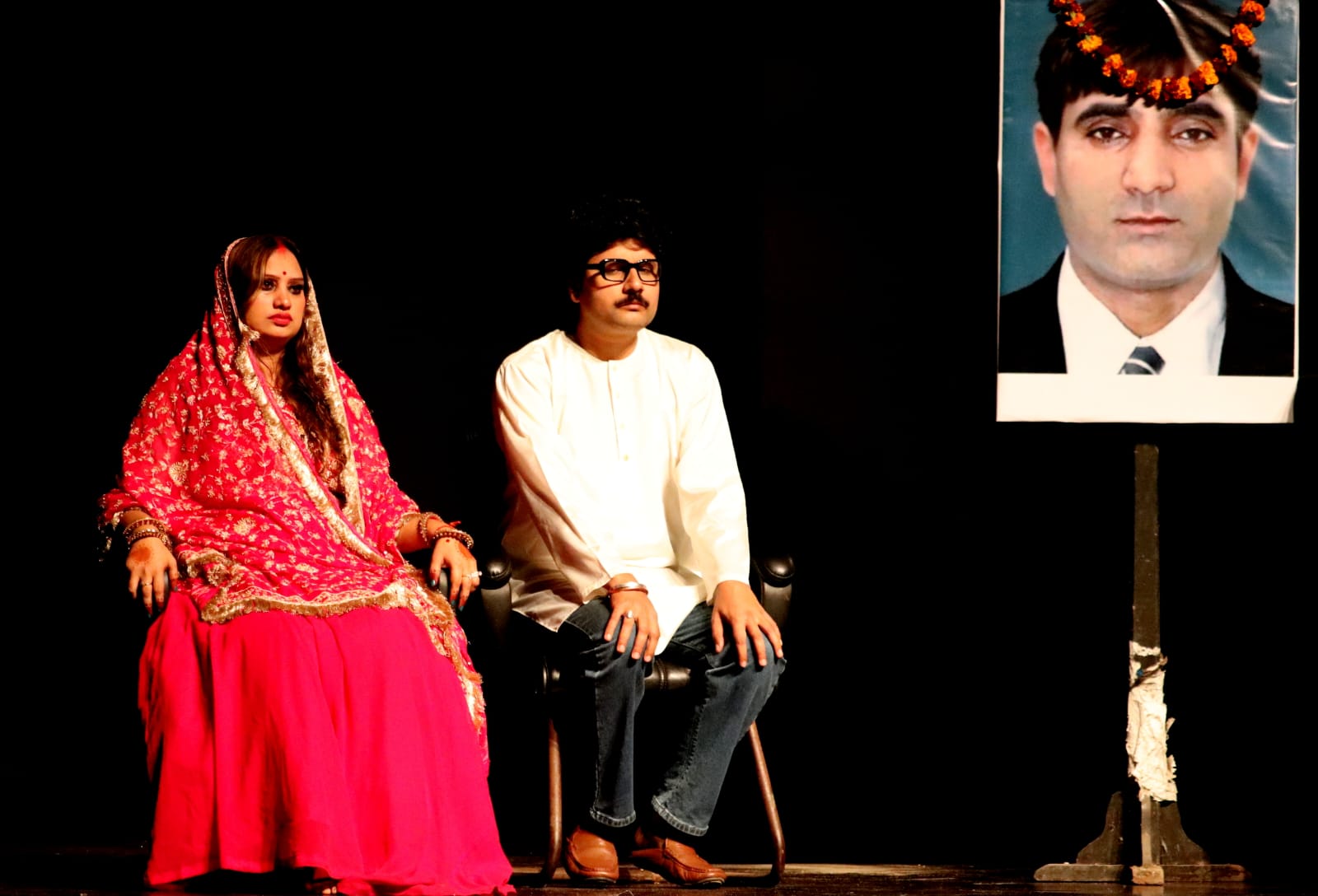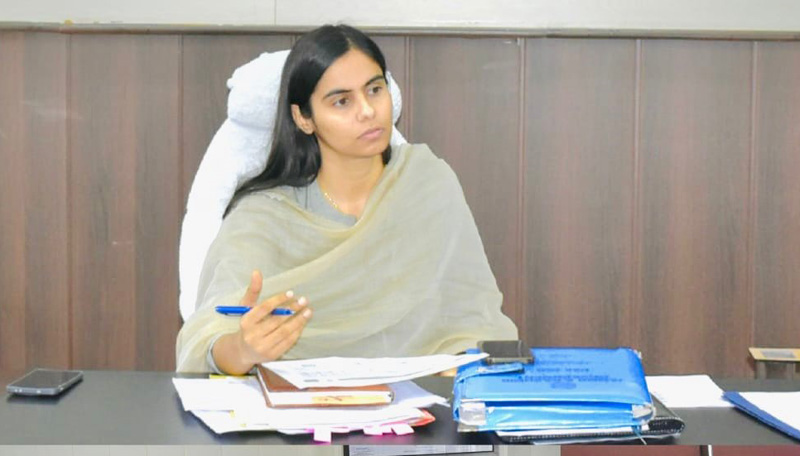Srinagar: Chief Minister Omar Abdullah on Wednesday said he has written to several major political parties in Parliament, urging them to support the introduction of a bill for the restoration of Jammu and Kashmir’s statehood during the ongoing Monsoon Session.
The move follows the Centre’s abrogation of Article 370 on August 5, 2019, which revoked J&K’s special status and bifurcated the region into two union territories — Jammu and Kashmir, and Ladakh.
“I’ve reached out to parties with significant parliamentary presence, asking them to back the promise made to the people of J&K and raise the issue in Parliament so that a bill for restoring statehood can be brought during this session,” Abdullah told reporters in Srinagar.
His appeal comes amid renewed public demand for the return of statehood, positioning it as an effort to hold the Centre to its past commitments.
On July 29, Abdullah wrote to the presidents of 42 political parties, including Congress president Mallikarjun Kharge, urging them to pressure the Centre to bring forward legislation in the Monsoon Session to restore statehood. He stressed that this must be seen not as a concession, but as a vital constitutional correction.
Downgrading a state to a union territory, he warned, sets a “profound and unsettling precedent” and crosses a “constitutional red line that must never be breached.”
In his three-page letter, Abdullah emphasized that the 2019 reorganisation was initially presented as a “temporary and transitional measure,” citing Prime Minister Narendra Modi’s repeated assurances — including one made during a visit to Kashmir earlier this year — that statehood would be restored.
He also referred to the Centre’s submission before the Supreme Court reaffirming its intent to restore statehood, but questioned the prolonged delay. “Terms like ‘at the earliest’ or ‘as soon as possible’ cannot translate into indefinite timelines,” he said.
“The people of Jammu and Kashmir have waited long enough — statehood must be restored now,” he asserted, describing the continued disempowerment as “unjust” and counterproductive to the very rationale behind the 2019 changes.
“The restoration of statehood is not a goodwill gesture; it is a constitutional obligation. If we allow this erosion of statehood to stand, it risks reducing a constitutional right to a discretionary favour of the Centre,” his letter stated.
Highlighting the “enthusiastic and record-breaking” participation of J&K’s people in last year’s assembly elections, Abdullah said the turnout reflected “unwavering faith in democratic institutions.” In response, his government unanimously passed a resolution demanding immediate restoration of statehood — a copy of which he personally handed to PM Modi, who, Abdullah said, gave his assurance on the matter.
However, he noted with concern that “more than nine months later, there has been no clarity, timeline, or visible progress on fulfilling that promise.”
The chief minister warned that the so-called temporary status of a union territory is increasingly looking like a “convenient alibi” rather than a sincere commitment, calling it a “fig leaf for an indefensible act.” The six-year duration of this “transitional arrangement” has, he said, long outlasted any reasonable definition of the term.
He pointed to two recent developments — the high voter turnout and public condemnation of terrorism after the Pahalgam attack — as powerful opportunities to heal past wounds and promote national unity.
“Failing to respond to such moments due to narrow political considerations would be a grave mistake,” he cautioned, quoting poet Muzaffar Razmi Kairanavi: “Lamhon ne khata ki thi, sadiyon ne saza payi” — a moment’s mistake can cost generations.













